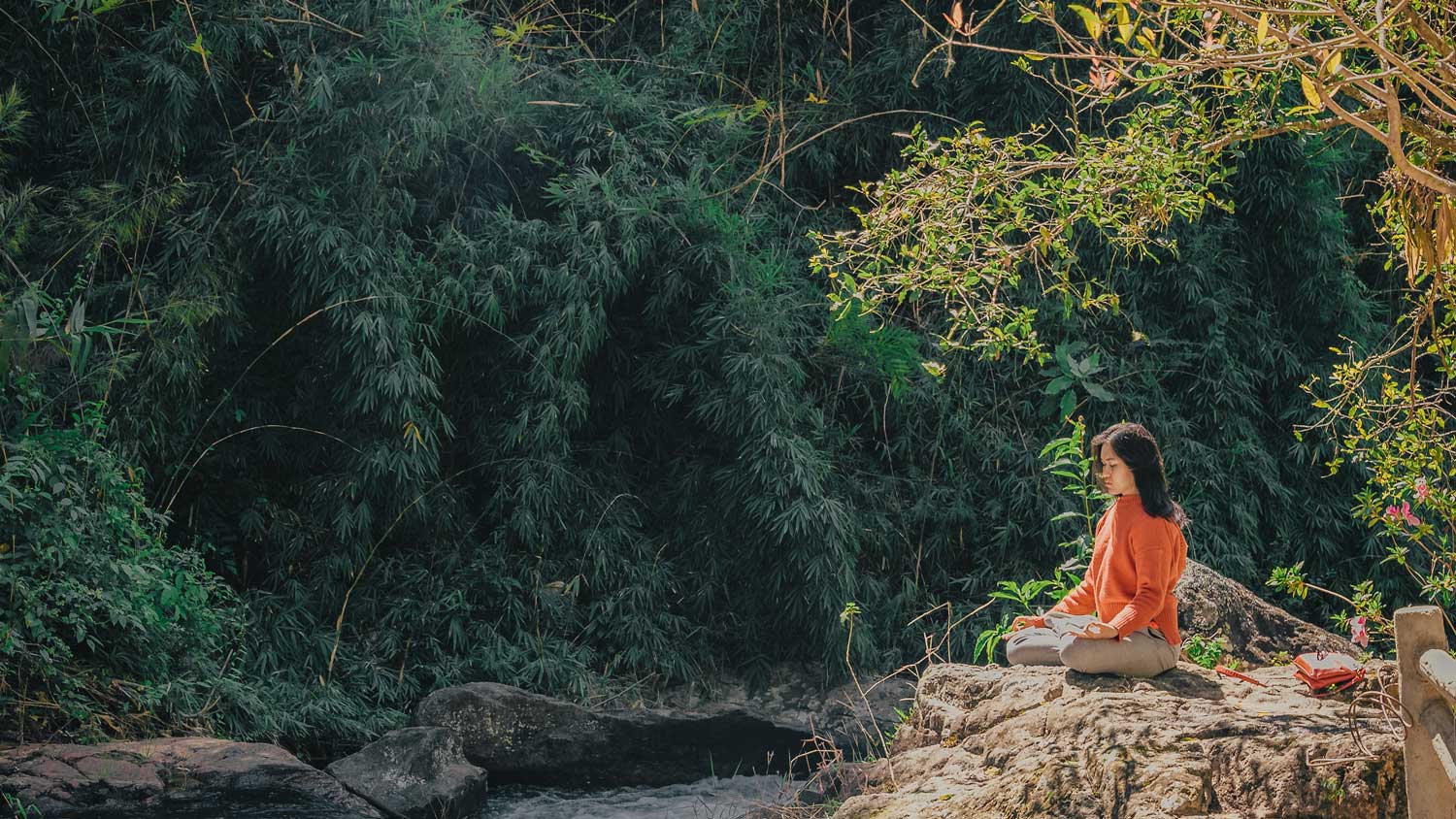I recently learned that there are numerous accounts of recipients of organ transplants taking on the characteristics, talents, food cravings, emotions and even memories of their organ donors. I am interested in phenomena that can help us let go of our idea of ourselves as separate selves and this is one example that leads us to ask, where is the boundary between ‘I’ and ‘not I’? If it is not at the boundary of our skin, where is it?
Every time we take a breath, we are becoming the world outside of us, and it is becoming us. The oxygen ‘out there’ that is produced by trees, is becoming the oxygen in our blood, ‘in here.’ The CO2 we exhale from inside our body, is becoming the CO2 outside our body, and entering the trees and other organisms. We can observe this when we eat as well, how the food we normally don’t see as ‘us’ becomes part of our cells, muscles, fluids and tissues, even our thoughts and emotions, and subsequently, parts of ‘us’ in the form of food waste and dead cells returns to the world around us in the form of our urine and faeces. At what point does the food and drink we consume start and then stop being ‘me’?
In Buddhist wisdom, whatever we think of as a self is only made up of non-self elements. A flower is made up of sun, rain, soil, previous generations of flowers, etc. Without any of these elements, it would cease to be. We and all other beings are the same. We cannot be by ourselves alone. We can only interbe. When we see ourselves clearly, as a composition of only ‘non-us elements,’ we cannot help but relate to the world around us, and all other creatures, with wonder, curiosity and reverence, for we are all composed of the same elements and completely interconnected.
I remember once when my teacher Thich Nhat Hanh was giving a dharma talk, he said, “the cow is giving the dharma talk this morning,” as he had eaten yoghurt that morning for breakfast and the energy he received from the yoghurt was enabling him to give the talk. How might we recognize ourselves in the world around us, and world around us in ourselves?

